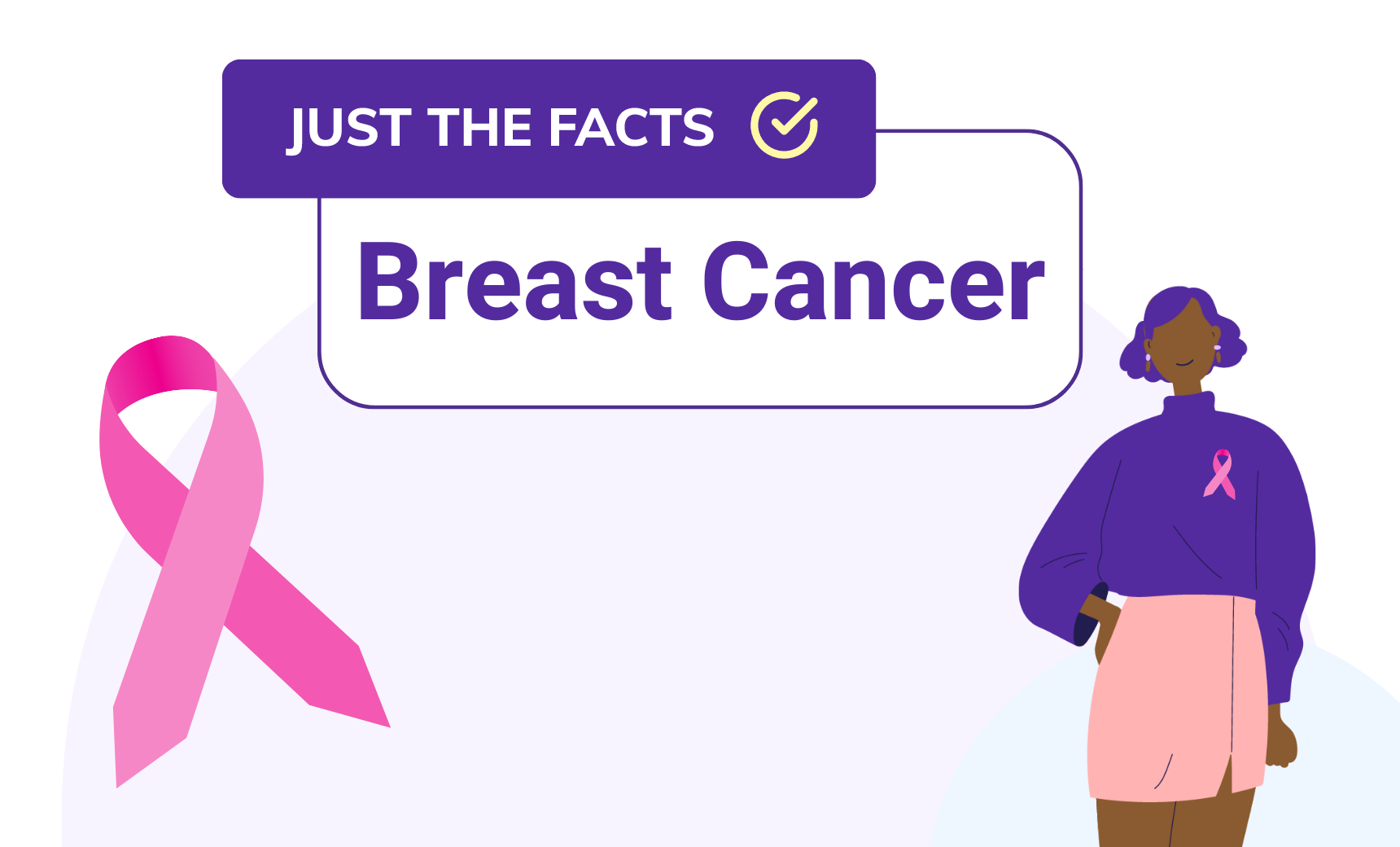
All You Need to Know About Your Thyroid
Stay on top of your thyroid health and get the proper testing done
Are you a woman who has ever felt run down, had hair fall out, gained or lost weight suddenly, or had menstrual cycles that don’t follow a regular pattern? Well these symptoms could indicate that you have a thyroid issue. Your thyroid is a butterfly-shaped gland located in your neck that produces hormones that regulate weight, heart rate, blood pressure, and body temperature.
It is important to monitor thyroid function, as it is estimated that up to twelve percent of the population in the United States will develop thyroid disease during their lifetime. That’s almost fifteen million people who have thyroid problems that affect their metabolism and are unaware.
What are some common thyroid issues?
Some of the most common thyroid disorders are the following:
- Hyperthyroidism is an overactive thyroid, meaning your body is overproducing the thyroid hormone. Some signs include unexpected weight loss, arrhythmia, heart palpitations, hand tremors, sweating, anxiety, brittle hair, and more.
- Hypothyroidism is an underactive thyroid, which means the body is not producing enough of the thyroid hormone. Some symptoms of this include weight gain, tiredness, increased sensitivity to the cold, puffiness, swelling, constipation, and more.
- Nodules: You may feel a lump on your neck, swelling, or difficulty swallowing. This could be a sign you have a nodule on your thyroid. There are a few different types of thyroid nodules, including benign, which are non cancerous or indeterminate nodules that have unclear characteristics and likely need further testing. There are also functional nodules, which can cause hyperthyroidism.
- Thyroid Cancer: If you have a nodule that is malignant, then it could be thyroid cancer. There are a few types of malignant nodules, including papillary, follicular, medullary, anaplastic, and lymphoma. Some signs include swelling, increased hoarseness in your voice, or a lump on your neck.
Who is more likely to have a thyroid problem?
Women are more likely than men to have a thyroid condition. The reason for this is women have more hormone fluctuations, including during pregnancy and menopause.
How do I get tested?
There are a few different ways to test your thyroid function.
- 1. Thyroid Panel – This blood panel tests Free T4, Free T3, TSH, Thyroglobulin ab, Thyroperoxidase ab
- 2. Thyroid Ultrasound – Thyroid Ultrasound is a painless radiology exam that is performed to help evaluate the thyroid gland in a non-invasive manner. It can help detect suspicious areas on the thyroid.
- 3. Thyroid Scan: A full body thyroid scan is often performed if cancer is detected to determine if the cancer has spread throughout the body.
Conclusion
Your thyroid health is extremely important, and testing to ensure it is properly functioning should remain a top priority. LabFinder can help you get the testing you need; just visit our testing pages to find out how.





LabFinder Editorial Team
The LabFinder Editorial Team is behind The Illuminator and The Insider, LabFinder’s consumer and business blogs.
Dr.Robert Segal
Dr. Segal is CEO and co-founder of LabFinder, as well as a board-certified cardiologist. He began practicing medicine in 2002 and has founded several businesses, including Medical Offices of Manhattan and Manhattan Cardiology.